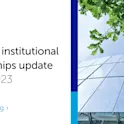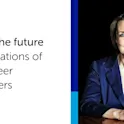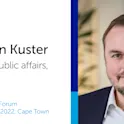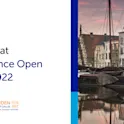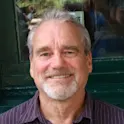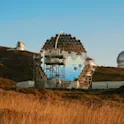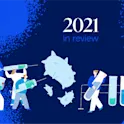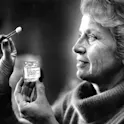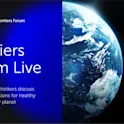
Featured news
24 Apr 2023
Top scientists to address climate emergency in Montreux this week
Photo credit: Frontiers More than 500 top scientific researchers and influencers will meet in Switzerland later this week for the Frontiers Forum Live, which is taking place in Montreux from 27-29 April. The event, now in its eighth year, will address critical issues including the climate crisis, improving global health and well-being, and preserving biodiversity. This is its first hybrid edition, and the Forum is expected to attract thousands of invited researchers to participate online. The mission of the Frontiers Forum is to bring together trailblazing figures from the realms of science, policy, commerce, and society. It creates a platform enabling expertise and cooperation that will hasten the transition to open science, spur the creation of groundbreaking solutions, and pave the way for a world in which all can lead healthy lives on a healthy planet. By facilitating dialogue and partnerships among these leaders, the Forum is helping to catalyze transformational change and build a brighter future. Kamila Markram, CEO and co-founder of Frontiers, said: “It’s thanks to science that we can be together in person again and run our first ever hybrid event – this time with thousands of participants joining us online. The record-breaking development of effective vaccines […]

